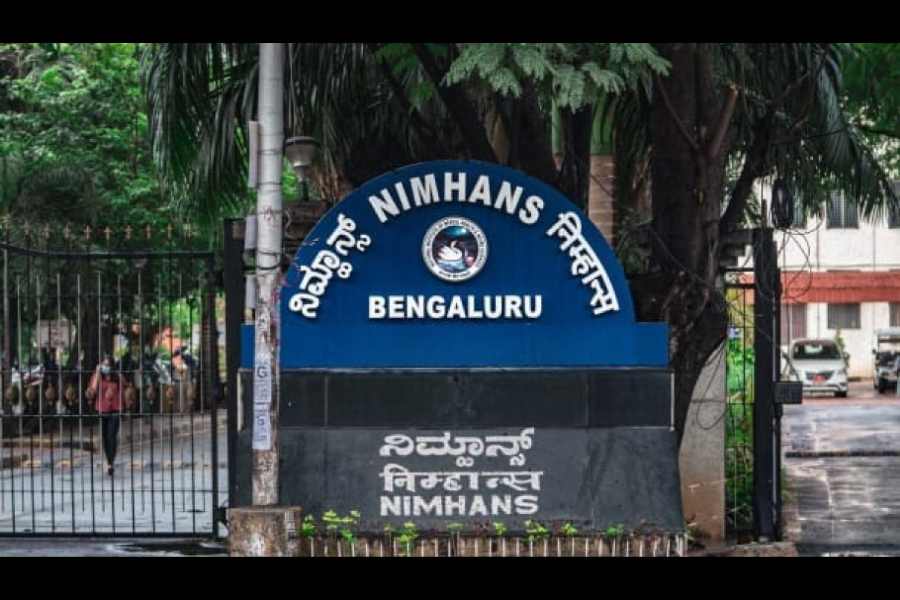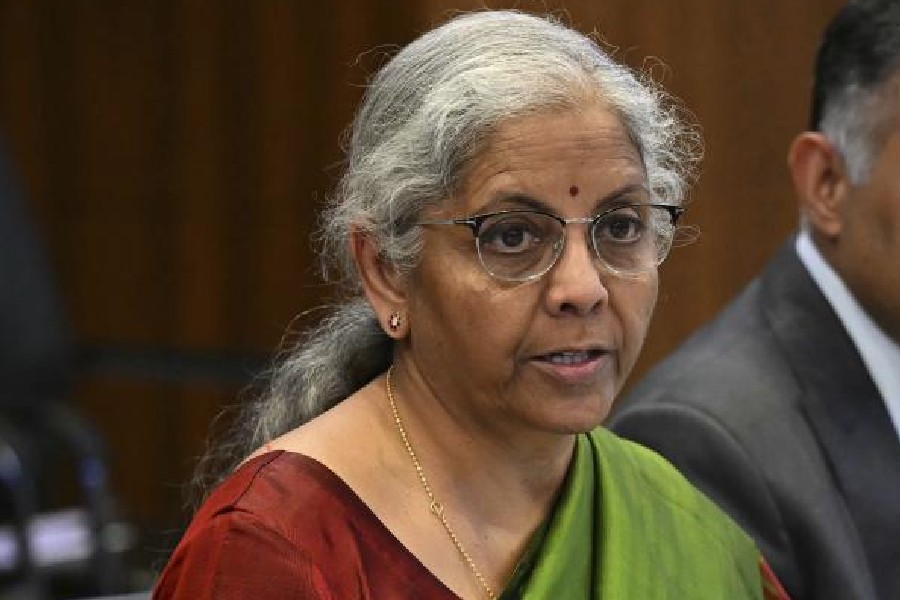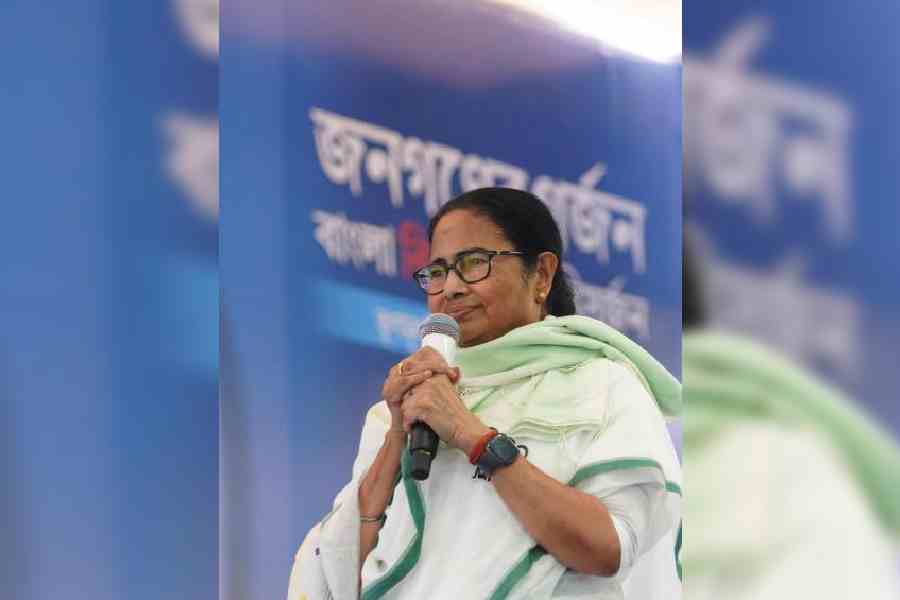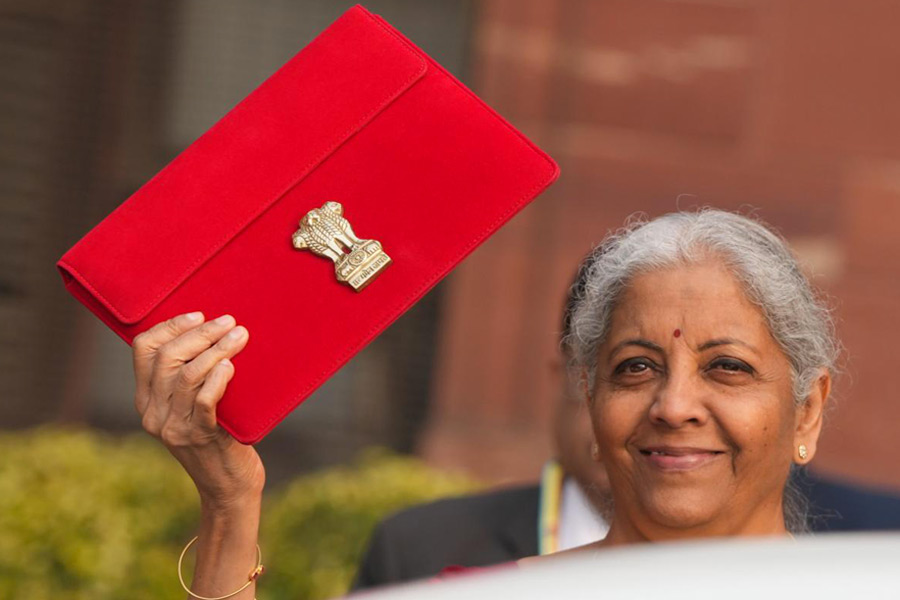Ode to darkness
Sir — Uddalak Mukherjee’s article, “Let there be dark” (Oct 29), offers resistance against the tyranny of light just as P.B. Shelley did in his poem, “To Night”. Shelley invokes night as a refuge from the world’s glare, its noise, vanity, and moral fatigue. Darkness, for him, restores imagination and renewal. Mukherjee extends this rebellion into the modern world where light becomes a symbol of control. Both warn that constant illumination — whether of daylight or data — creates exhaustion, surveillance, and blindness. Shelley’s poem offers rest and Mukherjee’s darkness offers privacy and the right to remain unseen.
Yashodhara Sen,
Calcutta
Doubts persist
Sir — The ongoing controversy over the Special Intensive Revision of electoral rolls in Bihar has revealed a serious democratic concern as the former chief election commissioner, S.Y. Quraishi, pointed out in his piece, “Count them in” (Nov 2). Over 68 lakh voters were deleted from the rolls, and many were unaware of their removal. The Election Commission of India insists that due process was followed, yet citizens cannot appeal against deletions they were never informed about. A clean roll strengthens elections in the same way that an unnotified deletion weakens democracy before polling even begins. Rule 20 of the Registration of Electors Rules must be upheld in both spirit and practice.
S.S. Paul,
Nadia
Sir — The electoral roll must be both accurate and fair. The Bihar SIR has shown how administrative convenience can overwhelm procedural fairness. Written notice to voters proposed for deletion is not a courtesy; it is a legal requirement. When such notice is replaced by assumptions or missing paperwork, democracy becomes a casualty. The EC must ensure that every voter receives clear communication through accessible means rather than rely on bureaucratic postings.
Aayman Anwar Ali,
Calcutta
Sir — The SIR in Bihar exposed the risks of mechanical verification of voters. The booth-level officers reportedly filled verification forms without meeting voters. Such shortcuts compromise electoral legitimacy. Verification cannot be treated as a checklist activity; it is the backbone of voter confidence and, in turn, of democracy. Every officer must record real encounters and create verifiable audit trails. The EC must introduce strict accountability to prevent desk verification.
Kiran Aggarwal,
Calcutta
Sir — The confusion over acceptable documents during the electoral roll revision process reflected poor planning on the part of the EC. The exclusion of Aadhaar from the initial list of valid documents caused unnecessary hardship to the poor for whom it is often the only identity proof. The EC must provide clarity before such exercises begin. Clarity in documentation protects both inclusion
and integrity.
Sreemoy Ghosh,
Calcutta
Sir — An electoral roll’s purpose is accuracy, not contraction. Deletions cannot be used as proof of efficiency. Success lies in balancing enrolments, corrections, restorations, and deletions. Each removed name must have a documented reason supported by evidence. Without this balance, revisions turn into purges. The EC must release detailed data explaining the rationale for every deletion and ensure that citizens can easily restore their legitimate entries.
Monidipa Mitra,
Calcutta
Freedom in transit
Sir — Freedom for women has always been a spatial struggle (“Out and about”, Oct 31). For centuries, the home was both haven and cage. To see women in transit, reading maps instead of recipes, unsettles that legacy. Jean Rhys’s heroines wandered through European cities in search of selfhood; their modern counterparts board budget flights and night trains for the same reason. Travel, for them, is not escape but expansion — a refusal to remain circumscribed. To navigate a city alone is to claim authorship over one’s own route, to decide when to linger and when to leave.
Shreya Basu,
Nainital
Sir — Every woman travelling alone negotiates a thousand invisible borders — social, psychological, and physical. She performs what Maya Angelou called ‘the greater courage of being yourself’. The thrill of discovery coexists with vigilance. That tension
defines the journey. True progress will arrive only when a woman’s solo trip evokes curiosity about her destination and not her decision to travel.
Binita Singh,
Calcutta
Smells like art
Sir — The Enlightenment exalted sight as the organ of reason. Every gallery since has obeyed that hierarchy. The exhibition, The Secret Power of Scents, in Düsseldorf challenges this tyranny of vision (“A nose for art”, Nov 2). When the nose is engaged, spectatorship turns participatory. Walter Benjamin wrote of the “aura” of art, its unique presence. Perhaps that aura is best grasped through scent. When art reaches the nose, it ceases to ask for analysis. It asks to be felt, and in that demand, it renews its purpose.
Anupam Neogi,
Calcutta










